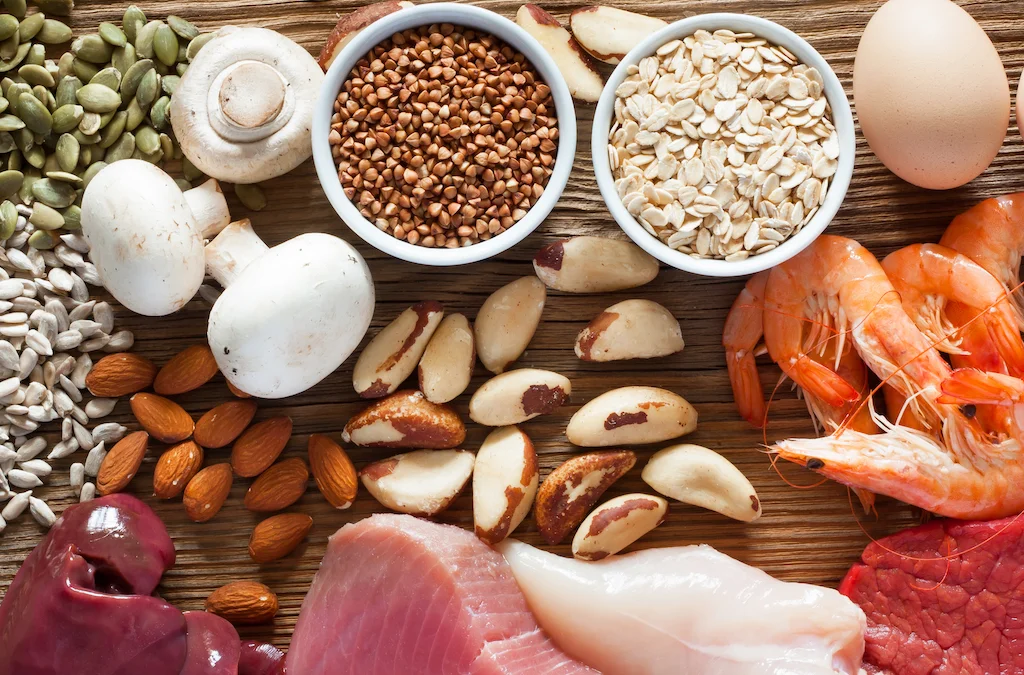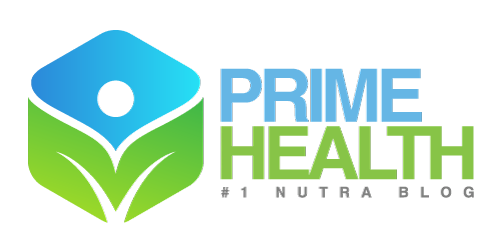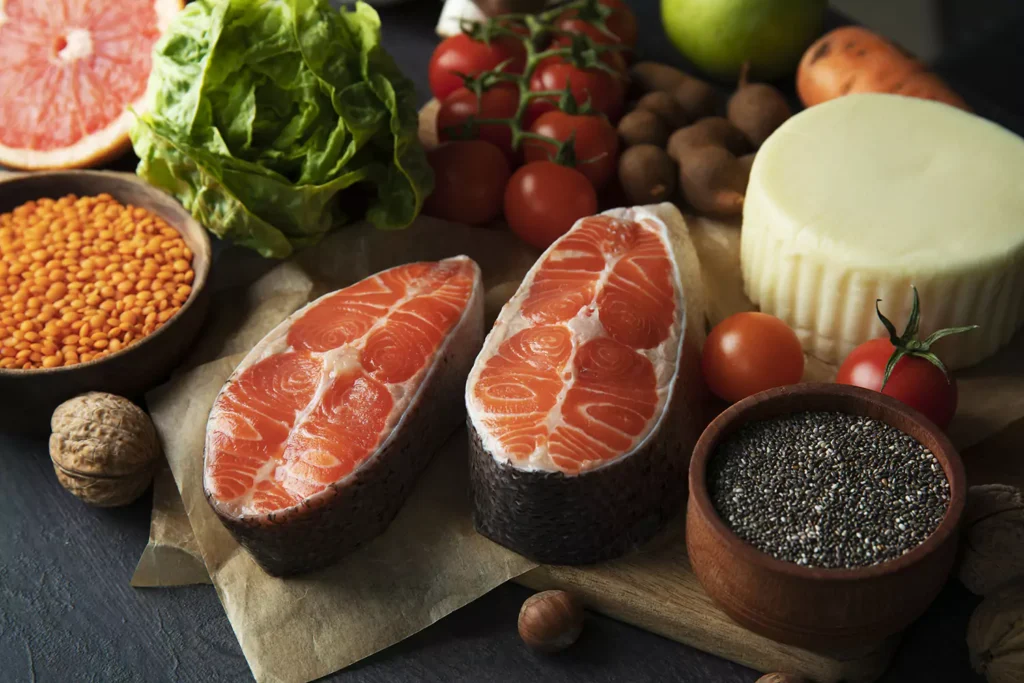This Little-Known Nutrient Could Be the Key to Living Longer – Are You Getting Enough?

5 Keys Takeaways:
- Selenium is a strong antioxidant that protects your cells and fights aging.
- It supports heart health by reducing inflammation and lowering heart disease risk.
- Your thyroid needs selenium to keep your metabolism and energy in check.
- Most people get enough selenium from food, so supplements aren’t usually necessary.
- Brazil nuts, seafood, and grains are great natural sources of selenium.
Let’s talk about something that doesn’t always get the spotlight, but it’s crucial to your health: selenium. You might not think much about this little micronutrient, but trust me, it’s doing a lot more than you realize. Often called the “longevity element,” selenium is a powerhouse when it comes to supporting your body in ways you don’t even see.
So, what’s the deal with selenium? It’s all about keeping your cells safe from damage, helping your thyroid function, and giving your immune system a serious boost. And the best part? It could even help you live longer. Let’s dive in and break this down.
What Exactly is Selenium?
Here’s the thing: selenium is a micronutrient, which means you don’t need a ton of it, but the small amount you do get packs a serious punch. It’s a powerful antioxidant that shields your cells from oxidative stress. Now, you might be thinking, “Oxidative what?” Basically, oxidative stress happens when harmful molecules called free radicals damage your cells. Over time, this damage can lead to diseases like heart disease and cancer, and it speeds up the aging process.
But that’s not all! Selenium also plays a key role in your immune system and keeps your thyroid — the gland that controls your metabolism and energy — running smoothly. It’s like a behind-the-scenes player that keeps everything functioning the way it should.

How Selenium Helps You Live Longer
Ever wonder why some people seem to live forever? You know, those folks who are pushing 100 and still going strong? Well, researchers have been digging into regions where people live longer, and one thing they’ve noticed is that these areas are often rich in selenium. Take Bama Yao County in China, for example. The locals there are famous for their longevity, and their soil is packed with selenium. Coincidence? Maybe not.
So how does selenium contribute to longevity? The answer lies in its ability to fight off oxidative damage. This damage is one of the main culprits behind aging and diseases that come with it, like heart disease and cognitive decline. By protecting your cells, selenium might just be your ticket to not only living longer but staying healthier as you age.
Selenium = Heart Health
Let’s get real for a second: heart disease is still the leading cause of death worldwide. But here’s the good news — selenium could be the key to keeping your heart strong. Studies have shown that people with higher levels of selenium tend to have lower rates of heart disease.
Here’s how it works: selenium helps reduce inflammation (a major cause of heart disease) and can improve your cholesterol levels. It also lowers levels of C-reactive protein (CRP), a marker of inflammation that’s linked to heart problems. In short, selenium helps your heart by keeping inflammation in check and supporting a healthy cardiovascular system.
Your Thyroid Needs Selenium
Ever feel like you’re constantly tired, gaining weight, or just not feeling like yourself? Your thyroid might be to blame. This little gland controls your metabolism, and it needs selenium to do its job. Without enough selenium, your thyroid can’t produce the hormones your body needs to keep your metabolism and energy levels in check.
Not getting enough selenium can lead to hypothyroidism (an underactive thyroid) or even Hashimoto’s disease, where your immune system mistakenly attacks your thyroid. Keeping your selenium levels in the right range is like giving your thyroid the fuel it needs to keep you feeling energized and healthy.
Can You Get Too Much Selenium?
Here’s where it gets tricky. While selenium is great, too much of a good thing can be bad. Unlike water-soluble vitamins that your body can just flush out when there’s too much, selenium sticks around. If you overload on it, you could run into some serious issues like nausea, hair loss, or even kidney problems. In rare cases, selenium toxicity can lead to death.
The recommended daily intake is 55 micrograms for most adults. Luckily, getting enough through your diet is super easy. In fact, most people in the U.S. are already getting a safe amount without needing supplements. If you’re loading up on Brazil nuts or taking selenium supplements, be careful — too much selenium isn’t a good thing.

Where to Find Selenium
Now that you know how important selenium is, let’s talk about where to get it. Spoiler alert: it’s probably already in a lot of the foods you eat. Here are some of the best sources of selenium:
Brazil nuts: Just one or two a day can cover your daily needs. But remember, don’t overdo it!
Seafood: Fish like tuna, shrimp, and salmon are loaded with selenium.
Meat and poultry: Chicken, turkey, and beef liver are all great sources.
Whole grains: Foods like wheat, rice, and oats also contain selenium, though the amount can vary depending on where they’re grown.
If you’re eating a balanced diet, chances are you’re getting enough selenium. But if you live in an area with selenium-poor soil, or if you have certain health conditions that affect nutrient absorption, you might need a little extra.
Is a Selenium Supplement Necessary?
For most people? Probably not. Since selenium is already in so many foods, you likely don’t need a supplement unless a doctor recommends it. If you’re getting a variety of foods in your diet — nuts, seafood, grains — you’re good to go.
But if you live in an area where the soil is low in selenium (some parts of Asia, for example) or if you have trouble absorbing nutrients, a supplement might help. Just make sure you don’t go overboard.





